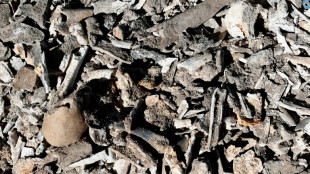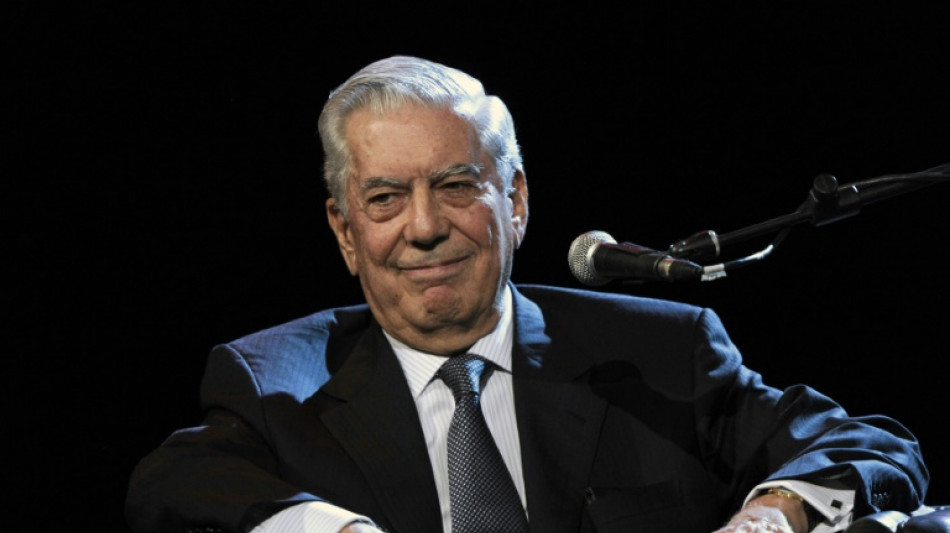
-
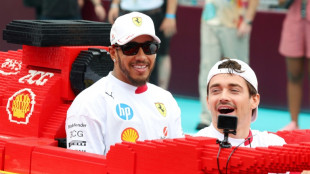 'Sarcastic' Hamilton shows frustration as Ferrari struggle again
'Sarcastic' Hamilton shows frustration as Ferrari struggle again
-
Three in a row Piastri wins in Miami to lead McLaren one-two
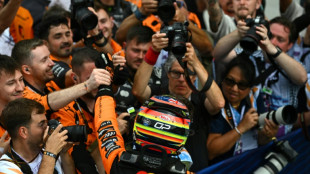
-
 Scheffler ties 72-hole PGA record in CJ Cup Byron Nelson romp
Scheffler ties 72-hole PGA record in CJ Cup Byron Nelson romp
-
Nicaragua says quitting UNESCO over press prize award
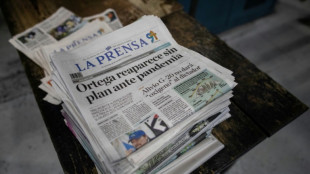
-
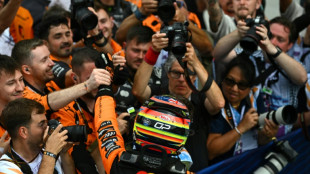 Oscar Piastri wins Miami Grand Prix to lead McLaren one-two
Oscar Piastri wins Miami Grand Prix to lead McLaren one-two
-
Bednarek runs this year's world-best 200m to win at Miami Grand Slam
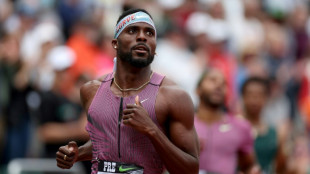
-
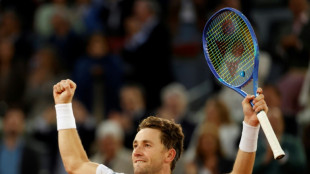 'Lucky number seven' for Ruud after beating Draper to clinch Madrid Open
'Lucky number seven' for Ruud after beating Draper to clinch Madrid Open
-
China's Zhao leads Williams 11-6 in world snooker final
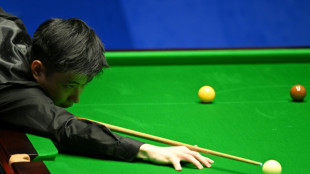
-
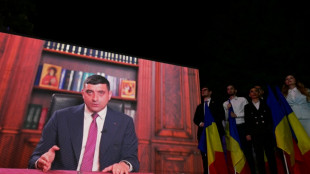 Far-right candidate tops Romania's presidential rerun
Far-right candidate tops Romania's presidential rerun
-
Ryu takes wire-to-wire win at LPGA Black Desert Championship
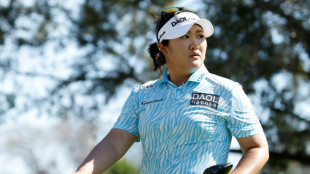
-
 Marseille held by fellow Champions League hopefuls Lille
Marseille held by fellow Champions League hopefuls Lille
-
'Lonely' Palou cruises to win at IndyCar Alabama Grand Prix

-
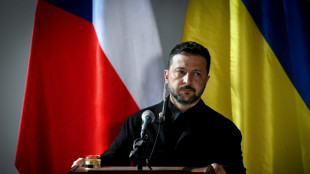 Zelensky says does 'not believe' Russian truce pledge
Zelensky says does 'not believe' Russian truce pledge
-
US Fed expected to pause rate cuts again, await clarity on tariffs
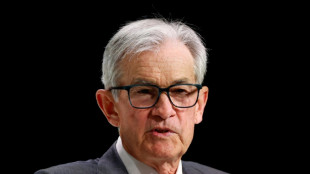
-
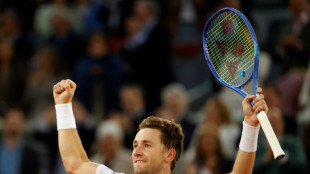 Ruud beats Draper to win Madrid Open and claim maiden Masters
Ruud beats Draper to win Madrid Open and claim maiden Masters
-
Far-right candidate leads Romania's presidential rerun
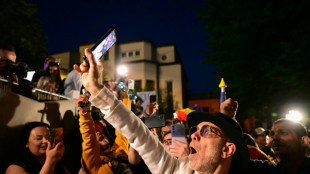
-
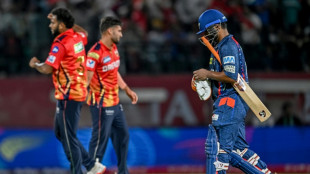 Parag's six sixes in a row, Pant flops in IPL
Parag's six sixes in a row, Pant flops in IPL
-
Howe hails Newcastle's 'ruthless' Isak after VAR drama in Brighton draw
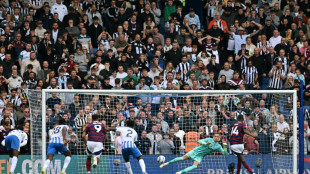
-
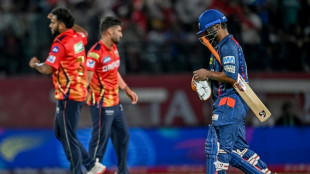 Pant woes continue as Lucknow lose to Punjab in IPL
Pant woes continue as Lucknow lose to Punjab in IPL
-
'Thunderbolts' strikes big, topping N.America box office

-
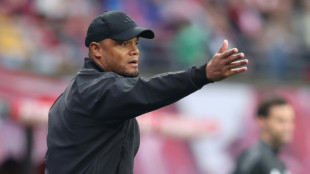 Kompany player-led shake-up returns Bayern to Bundesliga summit
Kompany player-led shake-up returns Bayern to Bundesliga summit
-
Leverkusen draw hands Kane's Bayern Bundesliga title
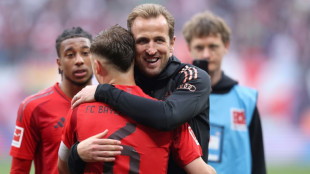
-
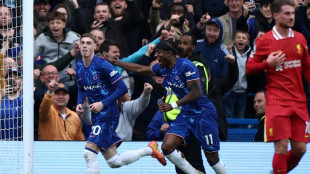 Chelsea sink champions Liverpool, Man Utd crash at Brentford
Chelsea sink champions Liverpool, Man Utd crash at Brentford
-
Bielle-Biarrey lifts Bordeaux past Toulouse and into Champions Cup final
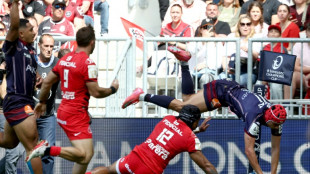
-
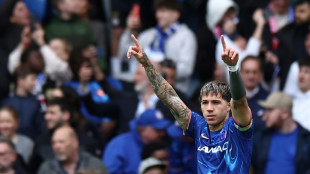 Chelsea beat champions Liverpool to boost top five push
Chelsea beat champions Liverpool to boost top five push
-
Hammers' Potter reveals Paqueta's tears of frustration at Spurs draw
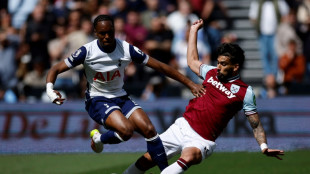
-
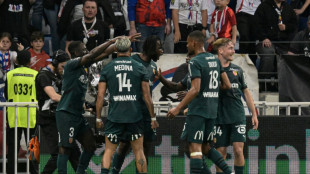 Lyon's Champions League hopes hit by loss to Lens
Lyon's Champions League hopes hit by loss to Lens
-
Israel vows retaliation against Iran, Yemen's Huthis over airport attack
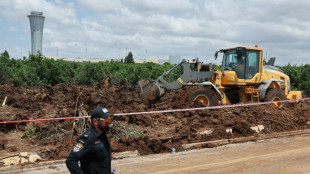
-
 Man Utd 'need to change' after Brentford loss: Amorim
Man Utd 'need to change' after Brentford loss: Amorim
-
China's Zhao dominates Williams 7-1 in first session of World Snooker final
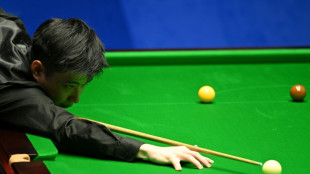
-
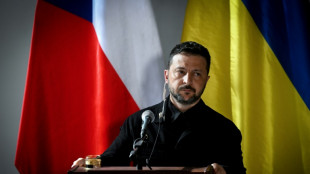 Zelensky says does 'not believe' Russian truce promises
Zelensky says does 'not believe' Russian truce promises
-
Bielle-Biarrey double lifts Bordeaux past champions Toulouse and into Champions Cup final
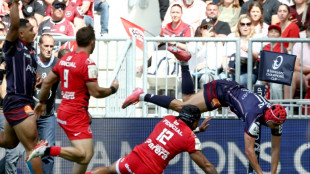
-
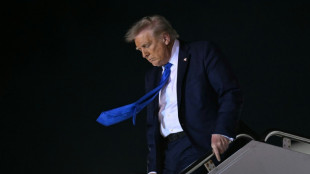 Trump says 'I don't know' if must uphold US Constitution as president
Trump says 'I don't know' if must uphold US Constitution as president
-
Brazil police foil Lady Gaga gig bomb plot

-
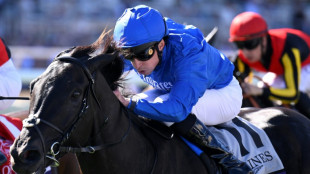 Godolphin in full bloom as Desert Flower wins 1000 Guineas
Godolphin in full bloom as Desert Flower wins 1000 Guineas
-
Almeida wins Tour de Romandie as Evenepoel claims closing time-trial
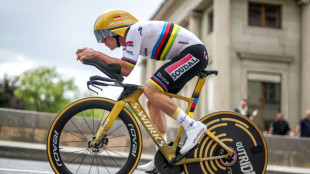
-
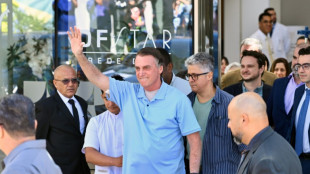 Bolsonaro leaves hospital three weeks after abdominal surgery
Bolsonaro leaves hospital three weeks after abdominal surgery
-
Man Utd crash at Brentford, Isak rescues Newcastle
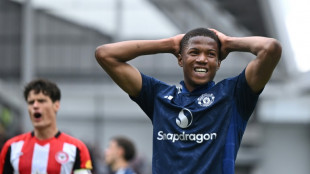
-
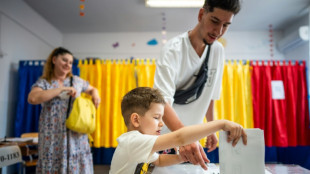 Romanians vote in tense presidential rerun as far right eyes win
Romanians vote in tense presidential rerun as far right eyes win
-
Lyon see off Racing to set up Challenge Cup final against Bath

-
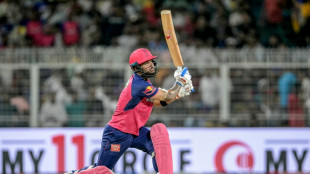 Kolkata survive Parag's six-hitting blitz to clinch IPL thriller
Kolkata survive Parag's six-hitting blitz to clinch IPL thriller
-
Israel vows retaliation against Yemen's Huthis over airport attack
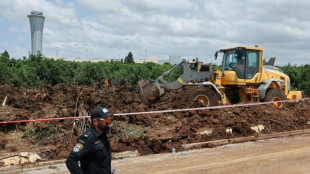
-
 Mbappe maintains Real Madrid Liga dream in Celta thriller
Mbappe maintains Real Madrid Liga dream in Celta thriller
-
UNESCO says Nicaragua quitting over press prize award
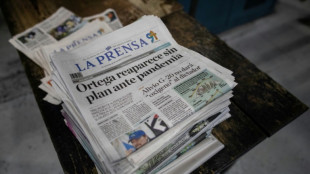
-
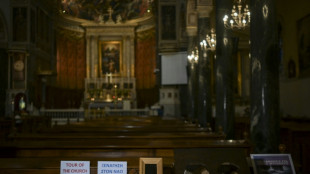 Church donation box goes digital in Greece
Church donation box goes digital in Greece
-
Germans mark liberation of Ravensbrueck Nazi camp
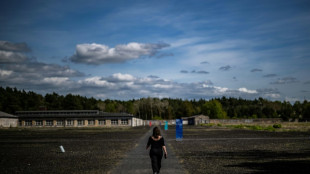
-
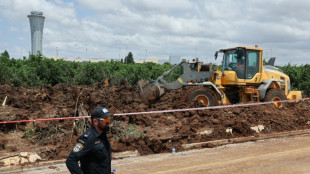 Missile hits Israel airport area in Huthi-claimed attack
Missile hits Israel airport area in Huthi-claimed attack
-
DeChambeau eyes PGA Championship battle after South Korea LIV win
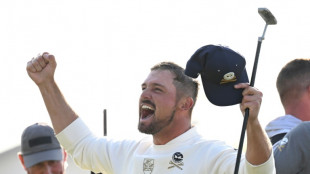
-
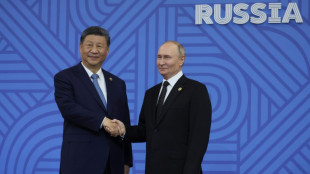 Chinese president to visit Russia on May 7-10: Kremlin
Chinese president to visit Russia on May 7-10: Kremlin
-
'We don't care': weddings go on in Pakistan's Kashmir border
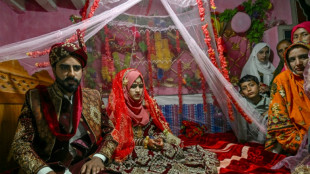

Vargas Llosa, last of Latin America's literary golden generation
Nobel laureate Mario Vargas Llosa was the last survivor of a golden generation of Latin American literary giants, his writing exploring universal themes often set outside his native Peru.
Admired for his depiction of social realities but criticised within Latin American intellectual circles for his conservative positions, Vargas Llosa -- who died Sunday at age 89 -- was a leading light of the "boom" generation that included greats like Gabriel Garcia Marquez and Julio Cortazar.
Winner of the 2010 Nobel Prize for Literature, Varga Llosa passionately believed writers should be involved in civil society.
"We Latin Americans are dreamers by nature and we have trouble telling the difference between the real world and fiction," he said.
"That is why we have such good musicians, poets, painters and writers, and also such horrible and mediocre rulers."
But he courted controversy over his support for the war in Iraq and was a passionate admirer of Britain's "Iron Lady" prime minister, Margaret Thatcher.
Author of a vast body of work, spanning historical novels, erotic romances, crime novellas, light-hearted comedies, plays, memoirs and essays, Vargas Llosa also kept his hand in current affairs by working as a journalist.
Unlike Garcia Marquez and other Latin American greats, he rarely strayed into magical realism, his style marked by graphic descriptions of murder, rapes and other violence, perhaps harking back to his days as a crime reporter in Peru's capital Lima when he was just 16.
"A writer must never turn into a statue. I have never liked the idea of a writer stuck in his library, cut off from the world like Proust was," he told AFP in an interview.
"I need to keep a foothold in reality. That's why I do journalism."
- Military school trauma -
Born in Arequipa in southern Peru on March 28, 1936 to a single mother, Vargas Llosa was taken to Bolivia as a baby, only returning a decade later when he met his father for the first time.
It was not a happy relationship, his father being "very authoritarian and severe", Vargas Llosa said in 2019.
"I lost my innocence and discovered loneliness, authority, adult life and fear.
"My salvation was reading good books, taking refuge in worlds... where I could feel free. And I became happy again."
At 14, his father sent him to Lima's Leoncio Prado Military Academy, an experience which he described as "traumatic", seeking solace in the world of books and writing.
On leaving, he worked at La Cronica tabloid before studying law and literature at San Marcos University while dictator Manuel Odria was in power, becoming very politically active.
- A scandalous marriage -
At 19, Vargas Llosa married his aunt Julia Urquidi. Although not a blood relative, she was a divorcee 10 years older than him and it was socially scandalous.
She encouraged his writing and when they moved to Madrid, he began his first novel "The Time of the Hero" (1963) based on his military academy experience, which he later finished in Paris.
Their decade-long marriage inspired his 1977 novel "Aunt Julia and the Scriptwriter".
He worked for a period in Paris as a journalist for Agence France-Presse (AFP) and Radio Television Francaise.
After his marriage broke up in 1964, Vargas Llosa married his cousin Patricia Llosa and had three children.
The couple separated in 2015.
- 'Unreserved admiration' for Thatcher -
All of his early novels are set in Peru, among them "The Green House" (1966), "Conversation in the Cathedral" (1969), and "Captain Pantoja and the Special Service" (1973).
Later writings were set further afield: "The War of the End of the World" (1981) tackled a military conflict in late 1890s Brazil, while "The Feast of the Goat" (2000) portrayed the 1961 assassination of Dominican dictator Rafael Trujillo.
After his Nobel win, he published "The Dream of the Celt" about Roger Casement, a gay British consul who wrote a 1904 report about colonialism's abuses in the Congo before becoming an Irish nationalist.
Like most of Latin America's intelligentsia in the early 1960s, Vargas Llosa initially supported Fidel Castro's leftist revolution, but later grew disillusioned, becoming an advocate of free-market capitalism whose political idol was Thatcher.
After her resignation in 1990, Vargas Llosa wrote of his "unreserved admiration" for Thatcher, praising her 11-year rule as "the most successful revolution in Europe this century and the one with the most powerful effect on the rest of the world".
The same year he ran for president in Peru representing a conservative coalition but lost to Alberto Fujimori, an unknown academic of Japanese descent.
Disappointed in defeat and upset by the dictatorial turn of Fujimori's regime, Vargas Llosa took Spanish nationality in 1993, angering many Peruvians.
burs/hmw/mg/fg/des
L.Davis--AMWN
